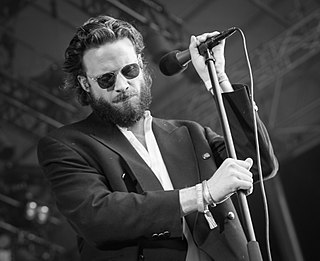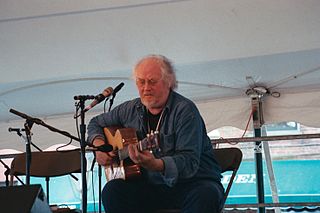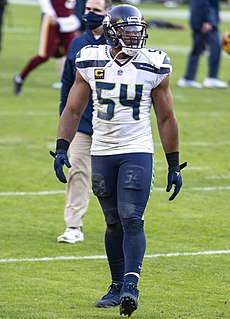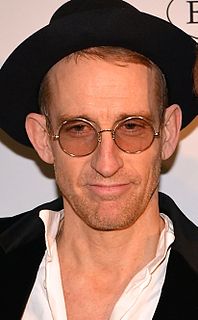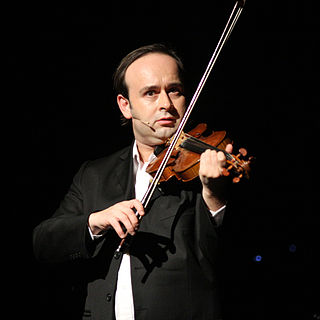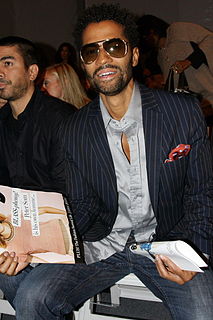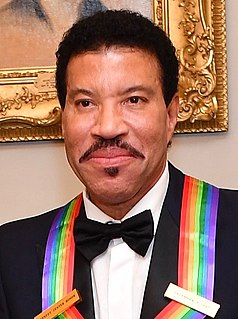A Quote by J Tillman
If my peers had a significant impact on my music, my music would probably be a lot more popular.
Related Quotes
I was interested in a whole range of music that I used to play, popular music -- particularly American music -- that I heard a lot of when I was a teenager," "I think at a certain point it dawned on me that myself playing this music wasn't very convincing. It was more convincing when we played music that came from our own stock of tradition. ... I certainly feel a lot more comfortable playing so-called Celtic music.
I only knew classical music, which to me was the only true music. The only way I could survive at the bar was to mix the classical music with popular songs, and that meant I had to sing. What happened was that I discovered I had a voice plus the talent to mix classical music together with more popular songs, which at the time I detested.
Popular music of the last 50 years has failed to keep in step with advances in musical theater, namely Stephen Sondheim. But the two have grown apart so that popular music is based more than ever on a rhythmic grid that is irrelevant in musical theater. In popular music, words matter less and less. Especially now that it's so international, the fewer words the better. While theater music becomes more and more confined to a few blocks in midtown.
A lot of Utah State when I was there, there was a lot of California guys. So, you get a lot of Cali music, you got a lot of dance music, I think the Jerk was popular back then. It was a lot of the music that you can dance to with your teammates. A lot of hip-hop, rap, R&B, it was really fun. It was live in there.
I want people to feel what it was like in the '40s. That's when popular music in the United States was so beautiful. Frank Sinatra, the Pied Pipers, Duke Ellington, Fletcher Henderson, Tommy Dorsey, Billie Holiday. That's when popular music had deeper values, to me. This was music that was selling millions of records.
Music is the highest art form.I still think that. I wish I was really talented in music because then I would be doing it. I felt that I could write a decent song, but it was a big struggle. It took a lot of time and effort for me, whereas a lot of my peers and other people seemed to have a much easier relationship to it. But I profoundly love music, and I still dream that I might one day try to write some new songs and record something - just for myself, to see what would happen.
Early American music and early folk music, before the record became popular and before there were pop stars and before there were venues made to present music where people bought tickets, people played music in the community, and it was much more part of a fabric of everyday life. I call that music 'root music.'
